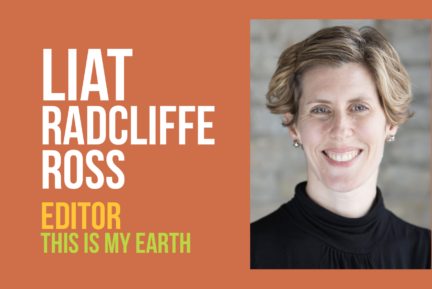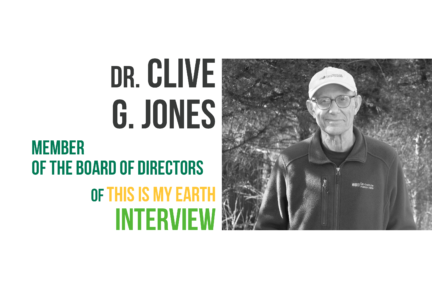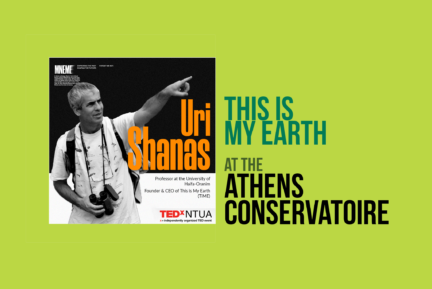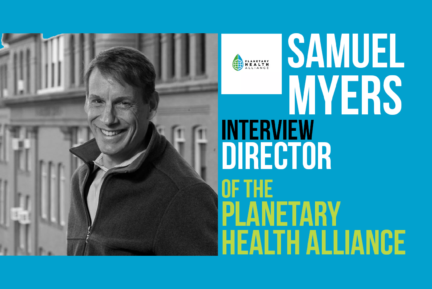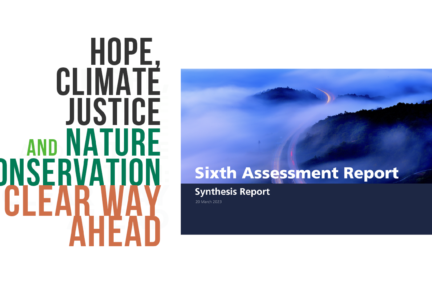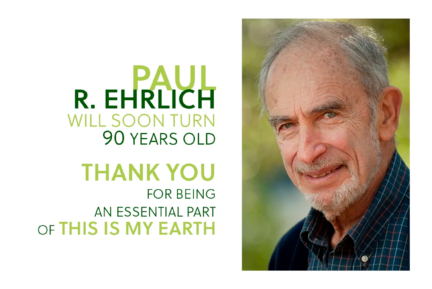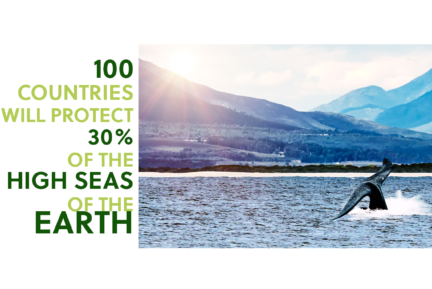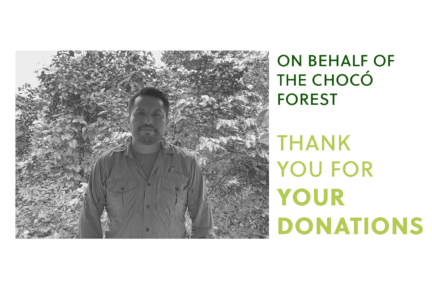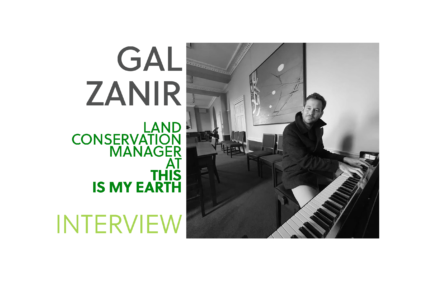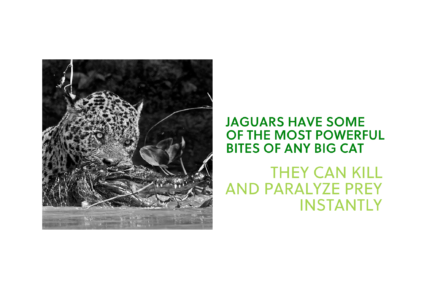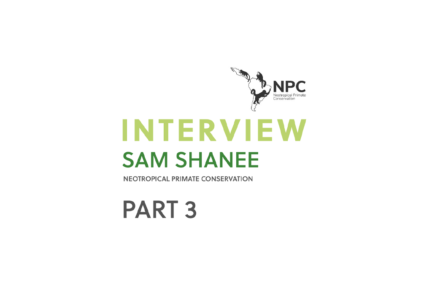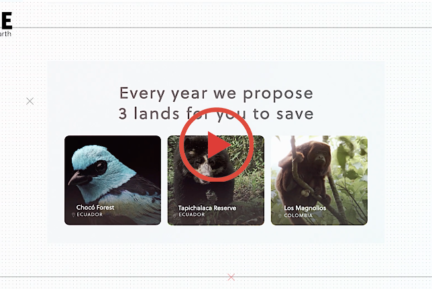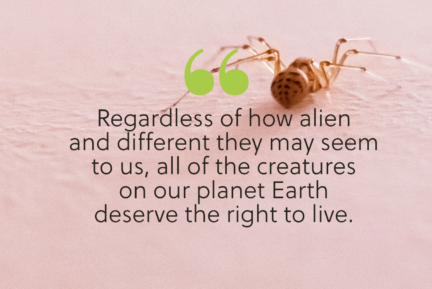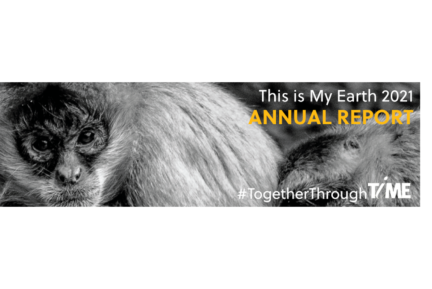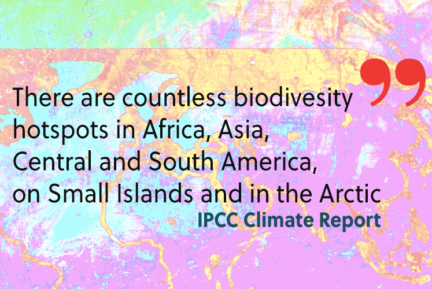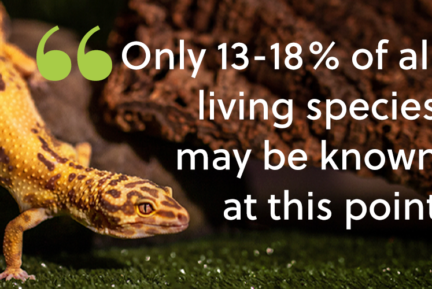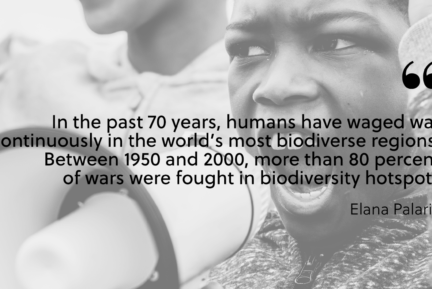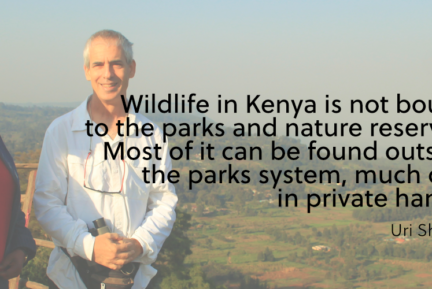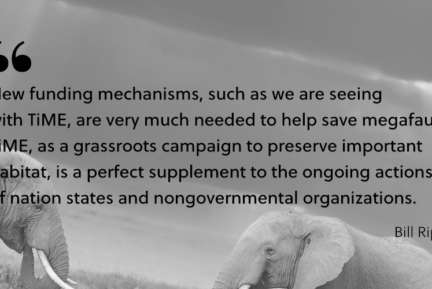Our entire economy is geared to growing population and monumental waste. Buy land and hold it; the price is sure to go up. Why? Exploding population on a finite planet. Buy natural resources stocks; their price is sure to go up. Why? Exploding population and finite resources. Buy automotive or airline stocks; their price is sure to go up. Why? More people to move around. Buy baby food stocks; their price is sure to go up. Why? You guess. And so it goes. Up goes the population and up goes that magical figure, the Gross National Product.
— Paul Ehrlich, The Population Bomb, p. 140
The above statement was written in 1968 by Stanford University entomologist Paul Ehrlich. And, on May 2023, Paul R. Ehrlich turns 90.
In this bestselling book, Paul and his wife, Anne Ehrlich, warned the world of the possible outcomes of the growing number of people and increasing consumption (two elements that he claims cannot be teased apart, just as the contribution of the height and the base of a triangle to its area cannot be dissociated).
Paul R. Ehrlich and the risks of human overpopulation
Unrestricted population growth, Paul R. Ehrlich claimed, would lead to humanitarian disasters driven by famines, viruses, and conflicts, because people must compete for the limited resources of the Earth.
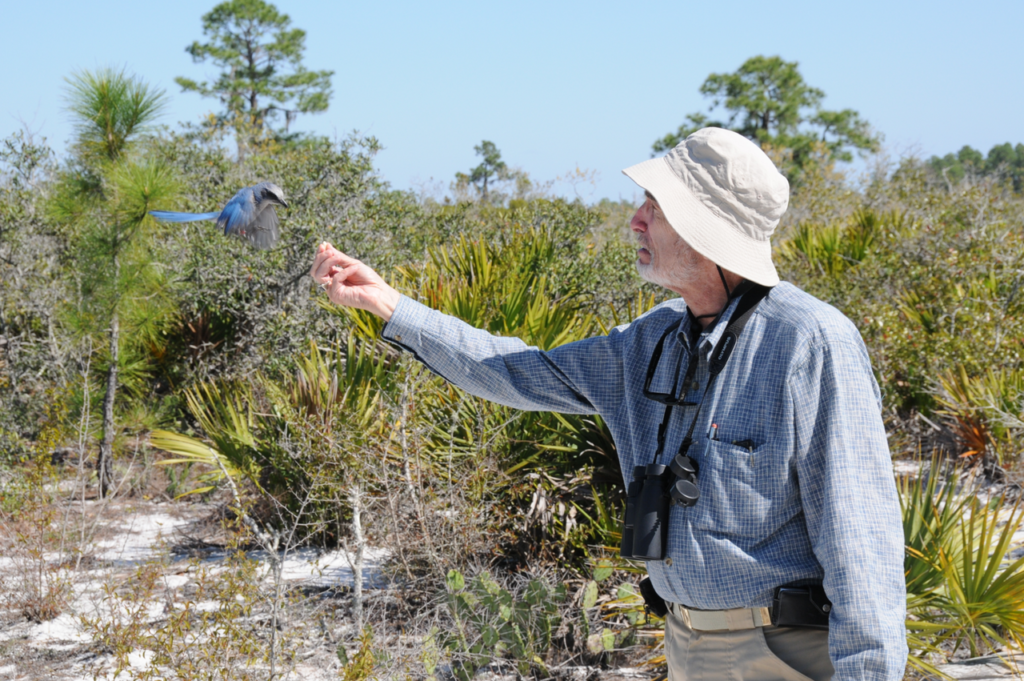
Since his short-term predictions did not come true (such as the ruin of England by the year 2000), and world hunger has in fact decreased as the population has continued to grow, Ehrlich has been criticized for misdiagnosing the problem. He was also sometimes accused of sparking the widespread “population panic” that followed the book’s publication, which even led to coercive sterilization in some countries (most prominently, in India).
While the facts are inarguable — famines have not worsened, and so far humanity has been able to adapt food production to its growing needs — Ehrlich has succeeded in popularizing the truth that the relationship between humanity and the environment is interdependent; humanity cannot continue its quest for infinite growth. The Earth can no longer be thought of as an infinite playground for the whims of mankind, and we must learn — as any child eventually does — that our surroundings and the resources they provide are finite, that we must tidy up, and that we depend on the physical space we occupy.
The risks of Paul R. Ehrlich predicting the future
One of the basic facts of population biology — that branch of biology that deals with groups of organisms — is that the simpler an ecosystem is, the more unstable it is. A complex forest, consisting of a great variety of plants and animals, will persist year in and year out (with no interference from man). The system contains many elements, and changes in different elements often cancel each other out.… Man, however, is a simplifier of complex ecosystemsand acreator of simple ecosystems. Synthetic pesticides, for instance, are one of man’s most potent tools for reducing the complexity of ecosystems.… What happens when a complex ecosystem is treated with a synthetic pesticide? Some of the carnivorous species are exterminated, and the pests become resistant. The ecosystem is simplified by the removal of the carnivores and becomes less stable.… When man creates simple ecosystems, he automatically creates ecological problems for himself. For instance, he often plants stands of a single grass — wheat fields and corn fields are familiar examples. These lack the complexity necessary for stability and so are subject to almost instant ruination when not guarded constantly.
— Paul Ehrlich, The Population Bomb, pp. 29–31
Predictions are tricky, especially within complex systems such as life on Earth, and even more so when human ingenuity is involved. Paul R. Ehrlich, following Thomas Malthus, who made similar predictions in the late 18th century, failed to accurately predict the technological advances that allowed food production to keep up with population growth.
Will these advancements continue forever, as some claim? Perhaps; perhaps not. Predictions are difficult. But the interdependence between humankind and the Earth is undisputed. In the same vein, some argue that technology is sure to provide us with a method to reverse global warming before our planet warms to a disastrous extent. Will that happen?
Even if we believe that it will, should we wait idly or focus our efforts on stopping emissions and preserving and bolstering mechanisms we know are capable of reversing global warming, such as forests? At TiME, we have definitely chosen the latter option.
Questions about the role of technology and of governments in reducing fertility rates — and whether we can even attempt to estimate the “correct” number of people on Earth — are questions for the social sciences, politics, and economics. Yet Paul R. Ehrlich has made an enormous contribution in communicating worldwide the simple idea that our economics must take into account questions other than infinite growth. We are responsible for our actions, and in considering them, we cannot ignore the world we live in, and our ethical commitment to it and to the future of humanity. In his journey to spread this message, Ehrlich has also stood up for women’s rights, human and civil rights, racial desegregation, and fair access to contraception and education worldwide.
Co-Creating co-evolution
Ehrlich has also contributed a lot to science, coining the term “co-evolution” with botanist Peter Raven. Their research demonstrated, back in 1964, the tight relations between different forms of life, by introducing interconnected evolutionary influences between different groups of organisms, such as plants and herbivores.
Ehrlich is a long-time member of TiME’s scientific advisory committee, supporting TiME’s mission to protect biodiversity hotspots around the world. In a Zoom talk to TiME members in February 2021, Ehrlich addressed the centrality of biodiversity preservation to the health of the planet, and the key importance of wildlife to human survival.
Humans are animals at risk
To highlight the significance of habitat to biodiversity, Paul R. Ehrlich noted that humans, too, are an animal at risk of losing its habitat:
There is this famous animal called Homo sapiens, some of whom are watching this, that also has habitat requirements. And one of the things that’s happening in large portions of the globe now is that the average temperature in habitats is growing to the point where human beings will not be able to do work outside for a good portion of the year. And work outside involves, for example, growing crops…. if the food supply is interrupted for just a relatively few days, you end up dead. And the really critical issue is agriculture is utterly dependent on the climate and we are changing the climate very, very rapidly…
TiME wishes you a happy birthday, Paul R. Ehrlich, and thanks you for speaking up and contributing to the environmental movement for the past half a century.
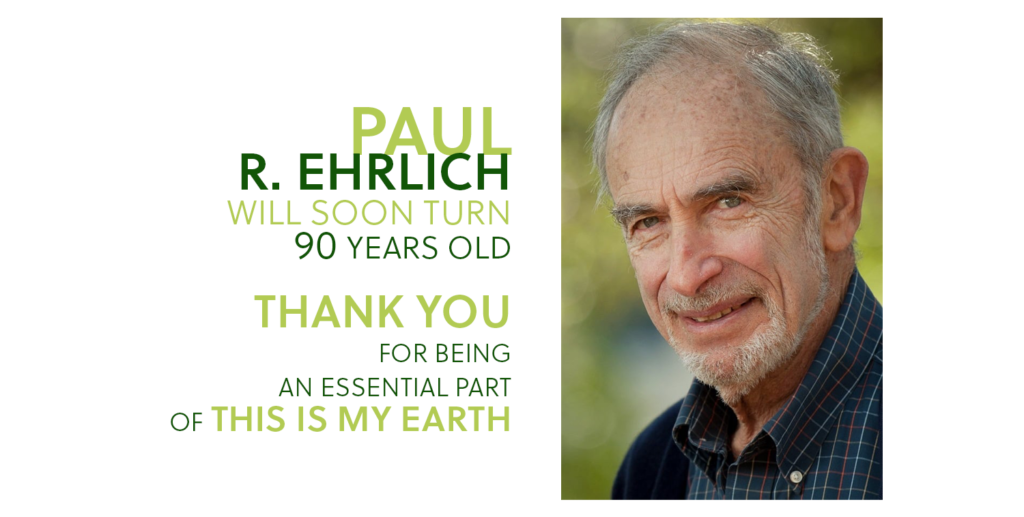
Biswas, Soutik. “India’s dark history of sterilisation”. BBC, November 14, 2014. https://www.bbc.com/news/world-asia-india-30040790
Carrington, Damian. “Paul Ehrlich: ‘Collapse of civilisation is a near certainty within decades”. The Guardian, March 22, 2018. https://www.theguardian.com/cities/2018/mar/22/collapse-civilisation-near-certain-decades-population-bomb-paul-ehrlich
Ehrlich, Paul R. The Population Bomb. New York: Ballantine Books, 1968.
Ehrlich, Paul R. and Raven, Peter. “Op-ed: What the media gets wrong about the new world population numbers”. Environmental Health News, November 30, 2022. https://www.ehn.org/world-population-8-billion-2658791435.html
Gleick, Peter. “A population pessimist turns 90”. Science 379:6630 (January 26, 2023): 339.
Mann, Charles C. “The Book That Incited a Worldwide Fear of Overpopulation”. Smithsonian Magazine, January 2018.
https://www.smithsonianmag.com/innovation/book-incited-worldwide-fear-overpopulation-180967499/
Rice, Marlin E. “Paul R. Ehrlich: Of Bombs and Butterflies”. American Entomologist 67:4 (Winter 2021): 16-22.
Roser, Max. “Breaking out of the Malthusian trap: How pandemics allow us to understand why our ancestors were stuck in poverty”. Our World in Data, November 26, 2020. https://ourworldindata.org/breaking-the-malthusian-trap
New York Times. “The Population Bomb? | Retro Report”. YouTube, June 4, 2015. https://www.youtube.com/watch?v=W8XOF3SOu8I
Université de Lausanne. “Conference by Professor Paul R. Ehrlich. Population, environment, ethics: where we stand now”. YouTube, May 2, 2016. https://www.youtube.com/watch?v=GV0W7knhLmE&t=2434s


